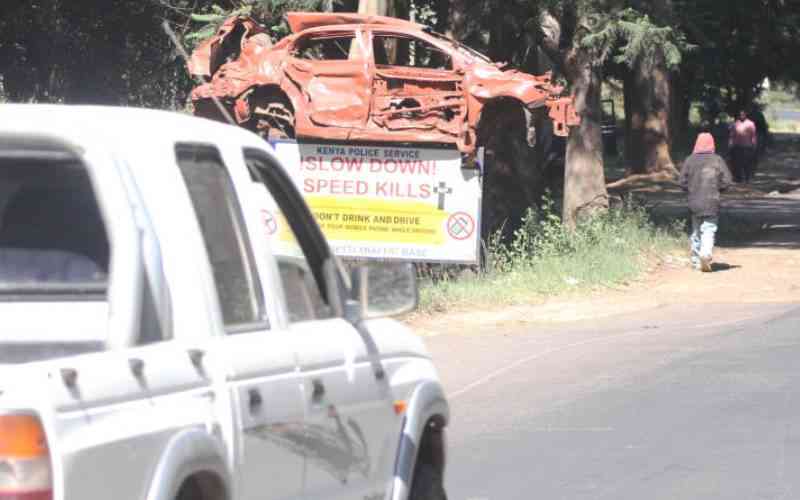
On Friday, the National Police Service released statistics of road accidents recorded between January 1 this year and Monday, September 25.
It reported that in seven days leading to September 26, 145 deaths occurred on our roads, figures that should make us sit up and listen or just slow down and live. But that will not happen. Road accidents have become part of our national identity, our culture so much so that we stopped having road safety campaigns, and even when we do, they are seen as an inconvenience.
